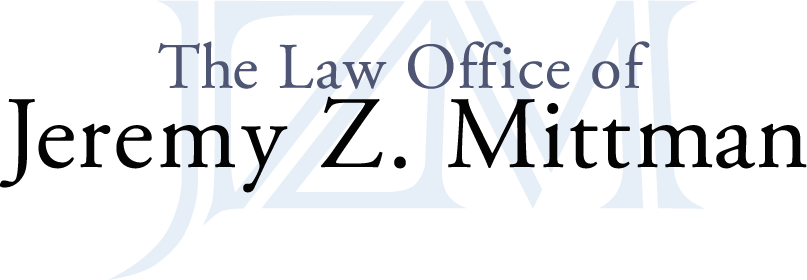There are two ways to contest a will, a Caveat Prior to Probate Decree, and an Appeal from Probate Decree
Caveat Prior to Probate Decree
A will contestant may initiate attack on a Will by filing a caveat with the Register of Wills. This must be done before the probate. The caveat requests the Register not probate the Will, until the contestant has been given a hearing before the Register.
Within ten days of filing, there must be bond posted for payment of costs. The bond could range between $500.00 to $5,000.00.
At the hearing before the Register of Wills, witnesses and documents can be produced to challenge the Will. The Register, upon hearing all the evidence, may enter a decree refusing to probate the Will, may dismiss the caveat and probate the will, or instead the Register can certify the record to the Orphans’ Court for hearing.
The caveat procedure can be advantageous to a contestant, as it prevents qualification of executor(s) and the commencement of the estate administration. It also grants the ability to gain discovery via subpoena without the leave of court.
Appeal from Probate Decree
Once a Will has been probated, the contestant must attack the validity of the Will by an appeal to the Orphans’ Court.
The petition must aver specific facts, not general conclusions. It must also include the names and addresses of parties in interest, and facts on which jurisdiction is based. A petition alleging forgery or fraud must plead all the facts and circumstances surrounding the charge with particularity.
The appeal must be filed within one year of the Register’s probate decree. The court, upon petition, may limit the time for appeal to three months.
The Court cannot bind parties in interest who did not come before the Court voluntarily or by citation. The Citation must be served on parties in interest personally or by certified mail at least ten days before the return date specified in the citation.
The hearing Judge has discretion to impanel a jury at any stage of proceedings, but any verdict would be advisory only.
Grounds for a Will Contest
Lack of Testamentary Capacity: The testator must be at least 18 years of age and be of “sound mind” to make a Will.
Undue Influence: Whenever an individual possesses a position of power over another person, and uses that power to influence the writing of a Will.
Fraud: A trick, artifice, or management which induces a person to dispose of property or to do some act contrary to his wishes, or in such a way as he would not do, but for the fraud.
Forgery: The unauthorized signing of a Will by another, the fabrication of a dispositive scheme over the testator’s general signature, or the substitution of one page of a Will with another.
Mistake: Mistake in execution, or a mistake in the contents or effect.
Improper Execution: A Will shall be in writing and signed by the testator at the end thereof. An improper execution will cause the entire Will to be invalidated.
Lack of Testamentary Intent: The Testator must have intended at the moment of execution to create a legally enforceable document which, at his death, would direct and control his estate’s disposition.
Insane Delusion: an insane belief or mere figment of the imagination, a belief in something which does not exist and which no rational person, in the absence of evidence to the contrary, would believe to exist.
Lost Wills: In order to probate a “lost Will,” the proponent must prove that the testator executed the original Will, the contents must be substantially as appears on the document presented for probate, and when the testator died, the Will remained undestroyed or unrevoked by him.
Improper Revocation: When intestacy is claimed, a beneficiary under the most recently dated revoked or destroyed Will may contest whether the revocation was proper. This usually arises in connection with efforts to probate a lost Will.
